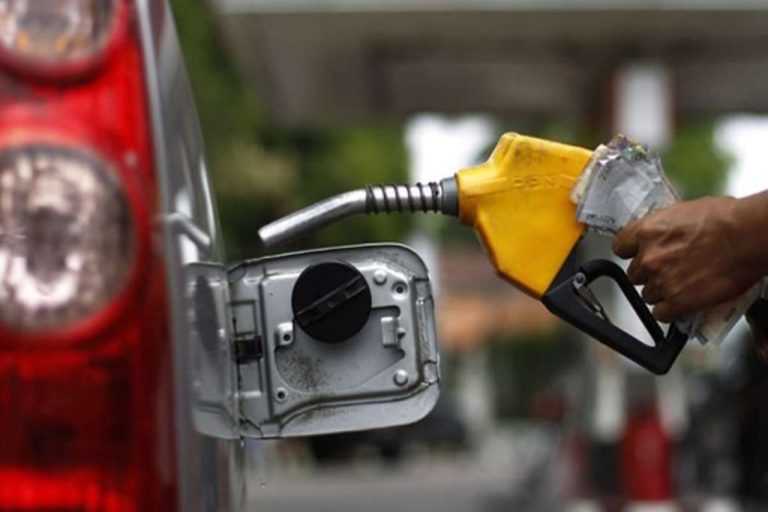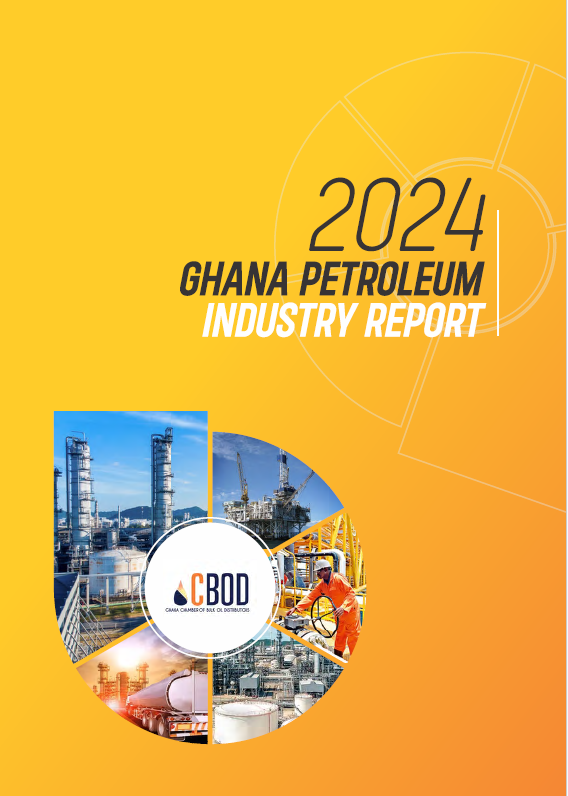Does a fall in world market prices of petroleum products translate into a fall in domestic pump price?
A common concern raised by the everyday petroleum consumer is how we always here about drops in crude oil prices or international market prices of petroleum products but those drops are usually not reflected in the domestic pump prices.
This is because although pump prices are directly affected by changes in the international market prices, other economic factors also play a pivotal role in the direction pump prices swing. One salient factor is the foreign exchange rate, and the issue of the performance of the Cedi against the major trading currencies. Changes in exchange rate directly affects import prices.
BDCs make payments for imported petroleum products in USD and will therefore demand forex from partnering banks to meet such financial obligations.
In basic economics, an increase in the demand for USD and decrease in the demand of our Ghana cedi will cause a slight appreciation of the USD against the Cedi. Also the issuance of foreign bonds and the country’s need to compete in international trade exposes the country to exchange rate risk and contributes to a depreciation of the Cedi against the USD.
After petroleum products are imported, BDCs need to calculate their pricing in a cedi equivalent before selling to the Oil Marketing Companies (OMCs). The pricing formula takes into consideration the effect of foreign exchange rate which is eventually passed down to the consumer . In effect the prices quoted at the pumps contains in it an element of foreign exchange risk. With a continues depreciation of the Cedi against the dollar we realise that although international market reference prices of petroleum products fall we may still witness some form of increases in domestic pump prices.
Government through the NPA can also effect policy changes to control the rate increase in domestic pump prices through subsidies which will be discussed in another chapter.
–
Dennis Newton Dei-Tutu
Research Analyst
CBOD





